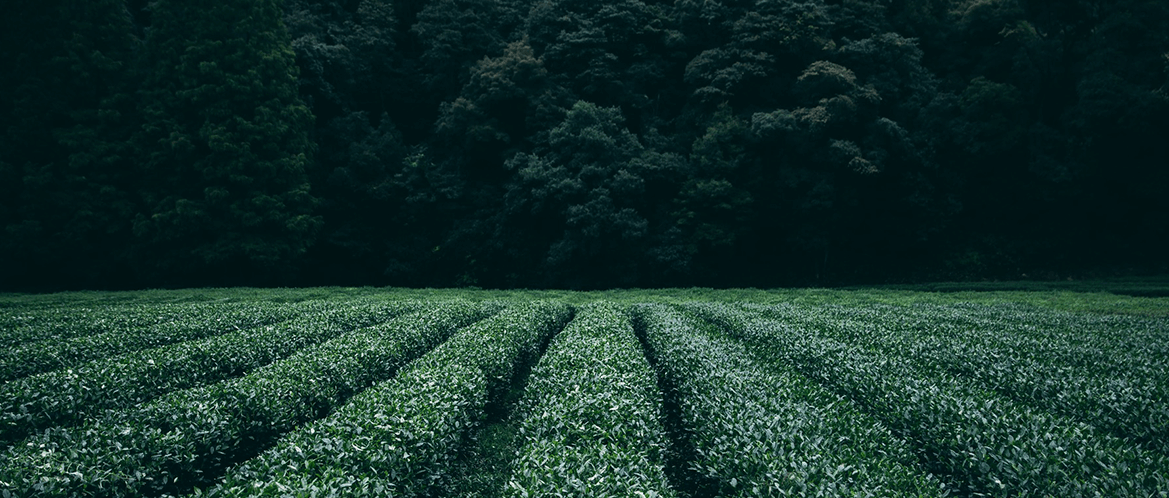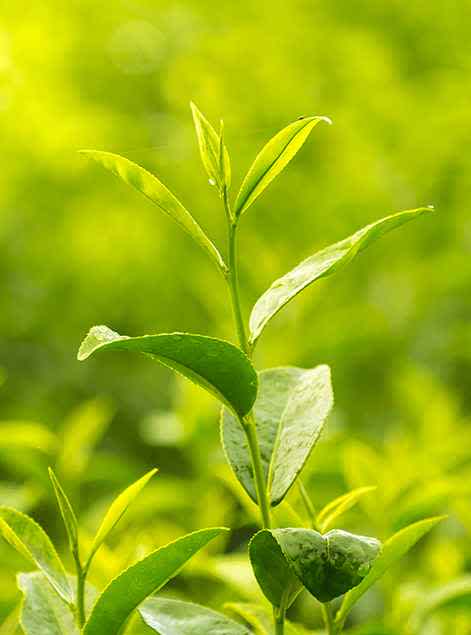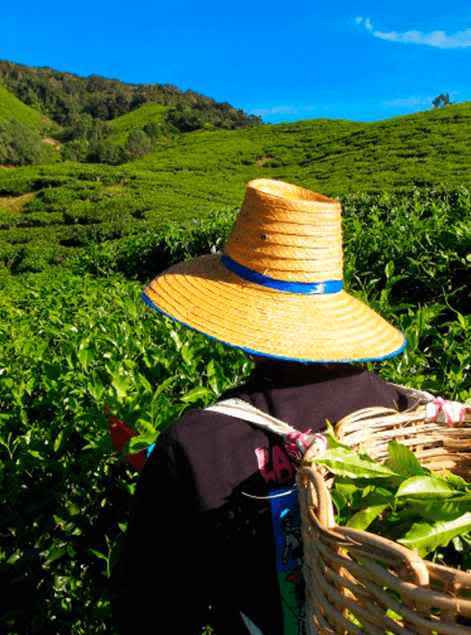Red Rose is committed to sourcing all of its tea sustainably. It’s a huge task that requires us to look at the social, economic and environmental aspects of tea production. These are the three commitments that help to guide our efforts:
PASSION FOR THE LEAF
The best leaf comes from the best plantation. In order to give you the best possible leaf, we believe it is important to care for the environment in which it is grown to protect its vitality, and to harness the goodness of the remarkable tea bush.




